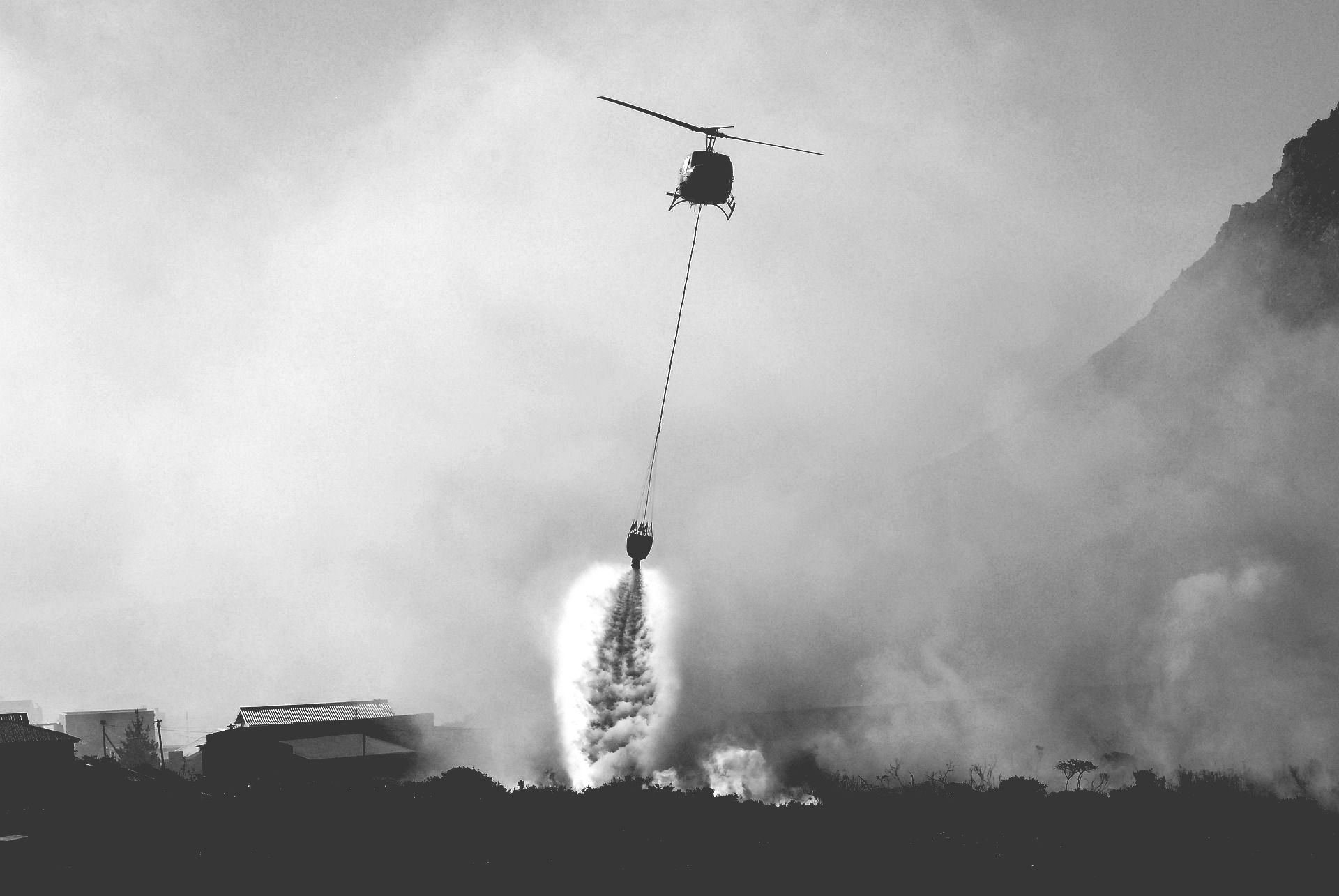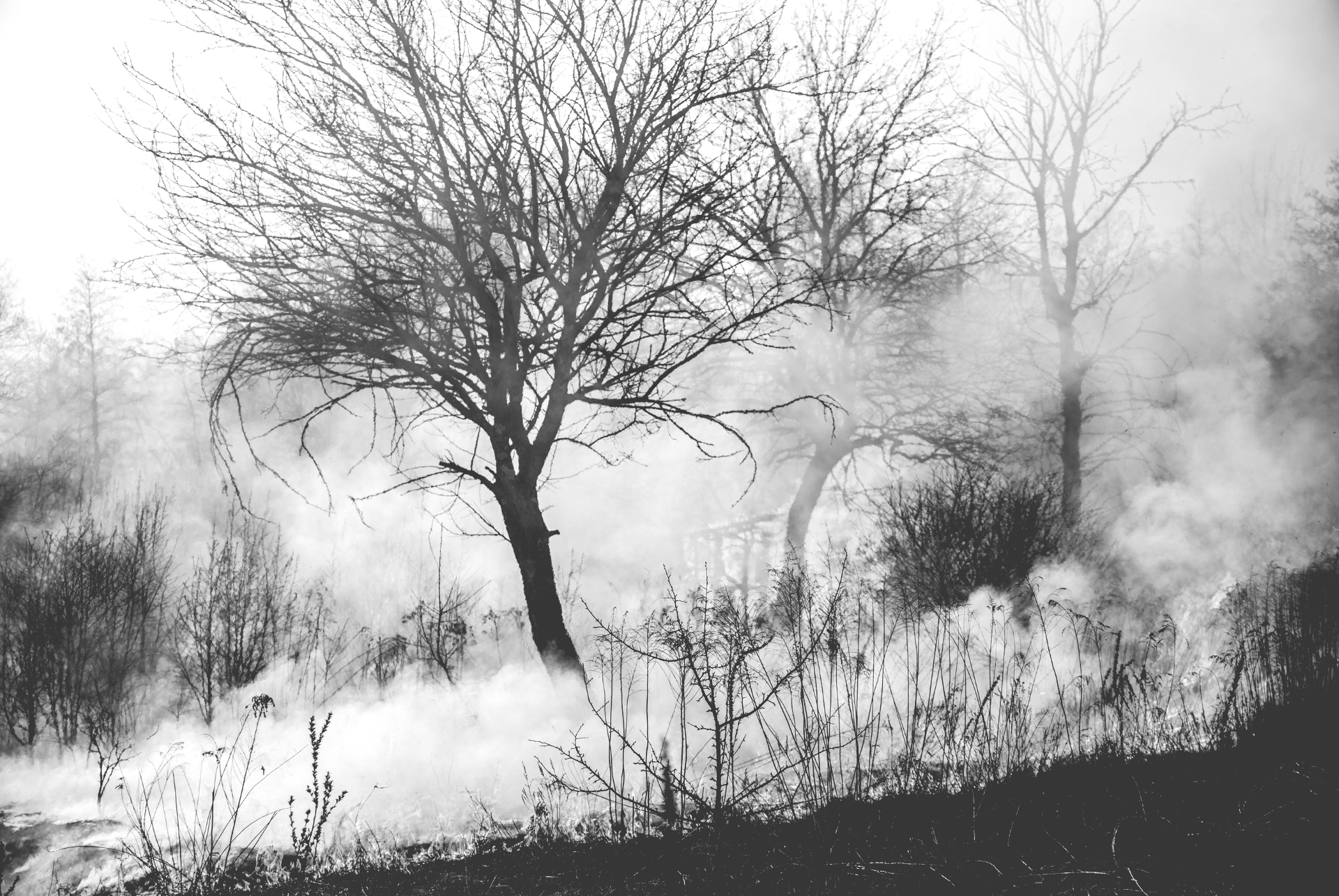Wage & Hour
Schedule a Free Consultation Today
Contact Us
We will get back to you as soon as possible.
Please try again later.
Schedule a Free Consultation Today
Contact Us
We will get back to you as soon as possible.
Please try again later.
Schedule a Free Consultation Today
Contact Us
We will get back to you as soon as possible.
Please try again later.
Get Answers to Our Firm's Most Frequently Asked Questions
Wage & Hour Lawyers in Agoura Hills & Westlake Village
Helping You Fight for the Pay You Earned
Labor laws at the federal and state levels protect workers’ rights, ensuring they are paid a fair wage for all hours worked and that they are able to work in a safe environment.
A wage and hour attorney can help you navigate wage and hour disputes and seek compensation for unpaid wages. If you are experiencing discrimination in the workplace, employee misclassification, violation of employee break laws, or any other type of wage and hour issue, you may have legal options.
Common Violations of Wage Theft & Hour Laws
- Off-the-Clock Work
- Minimum Wage Violations
- Missed Meals and Breaks
- Tip Pooling
- Employment Discrimination
- Unpaid Wages
- Unpaid Overtime
- Misclassification
- Donning and Doffing
If you believe you have experienced any of the following labor law violations, you may have a legal claim:
Filing a wage and hour claim with the Labor Commissioner's Office is crucial to address wage and hour violations and ensure you receive the compensation you deserve.
By filing a wage and hour lawsuit, you may be able to seek compensation for the wages you were entitled to receive according to state labor laws.
Understanding California’s Wage & Hour Laws
Under California law, employers are required to pay overtime to non-exempt employees who work more than eight hours in a day or 40 hours in a week. The rate of pay for overtime work is 1.5 times the employee’s regular hourly rate.
Unpaid Overtime Pay in California
Off-the-Clock Work - Unpaid Wages
It is crucial for employees to receive proper overtime pay to ensure fair compensation for their work. Common issues related to unpaid overtime wages include employers failing to pay the correct rate or not paying for all hours worked.
The employer must also pay the overtime rate for the first eight hours worked on the seventh consecutive day of work in a workweek and double the employee’s wages for all hours of work after the eighth hour. If an employee works more than 12 hours in a day, the employer must pay double the employee’s wages for all hours worked in excess of 12 hours.
Employers are required to pay employees for all hours worked. Therefore, an employer cannot allow workers to do off-the-clock work without pay.
Off-the-clock work can be a form of wage theft, which includes various violations such as underpayment or nonpayment of wages, and can lead to serious legal repercussions for employers.
Employers are required to pay employees for:
- Pre-shift duties
- Post-shift duties
- Time spent waiting for work
California Break Laws
California requires employers to provide non-exempt employees with a 30-minute lunch break if they work five or more hours in a workday. This meal break must be taken within the first five hours of that workday. If an employee works more than 10 hours, they must be given two 30-minute meal breaks.
California's break laws are part of the broader wage and hour law designed to protect employees. These laws ensure fair treatment by mandating minimum wage, overtime pay, rest breaks, and meal breaks, thereby providing protection against wage theft and other violations of employee rights.
California labor law also provides for rest breaks for employees working at least three and a half hours per day. These employees must receive a 10-minute break for every four hours worked.
During these breaks, the employee should be relieved of all job duties. Employees cannot continue working or remain "on-call" during their meal or rest breaks.
There are limited exceptions to the break requirement. Employees who are exempt from California meal and rest breaks include:
- Workers meeting all requirements of white-collar exempt employees
- Independent contractors
- Unionized employees with specific agreements on meal breaks
Minimum Wage in California
California minimum wage law as of 2021 requires employees to be paid a minimum of $14 per hour for employers with 26 or more employees, and $13 per hour for employers with fewer than 26 employees. The minimum wage in California is set to increase yearly and will reach $15 for all employees by 2023.
Failure to comply with minimum wage laws constitutes a wage and hour violation, which can include unpaid wages for training & meetings, unpaid overtime, and wage theft.
California Employee Misclassification
Some employers misclassify employees as independent contractors, a class of workers with fewer protections than employees. Unlike employees, independent contractors are not subject to California overtime and minimum wage protection laws. Employers are prohibited under California labor laws from willfully misclassifying an employee as an independent contractor.
Misclassification can lead to wage and hour disputes, as employees may be denied proper compensation, minimum wage, overtime pay, rest breaks, and meal breaks. Addressing these issues is crucial to ensure legal protections for workers and to avoid potential consequences for employers violating wage and hour laws.
Wage Discrimination - Wage Hour Claim
Employers are prohibited from discriminating against employees based on gender, sexual orientation, age, disability, race, national origin, religion, and other protected characteristics. Discrimination in the workplace can take many forms, such as disparate treatment, harassment, or a hostile work environment. An employee who wins a workplace discrimination lawsuit may be entitled to compensation for lost wages, emotional distress, attorneys’ fees, and other litigation costs.
Wage discrimination is also addressed under California's wage and hour laws, which provide protections and legal recourse for employees facing wage and hour violations, including non-compliance with wage regulations.
Pay for Donning and Doffing
For most jobs, employees can dress at home before coming to work. Other jobs require employees to wear certain work gear that can take time to put on and take off, adding extra time to their workday. Whether an employer is required to pay for donning and doffing depends on several factors, including cases in which the employee must put on work gear while on the premises.
For a free consultation,
reach out to us online or by calling (866) 881-0403.
A wage and hour attorney can help employees understand their rights regarding pay for donning and doffing, ensuring they are compensated for all hours worked.
Contact a Wage & Hour Lawyer in Agoura Hills & Westlake Village
Employment law can be complex and difficult to navigate without the help of a lawyer. If you believe your employment rights have been violated and are thinking about taking legal action against your employer, contact Bradley/Grombacher to schedule a complimentary consultation.
Legal representation for wage and hour issues in Los Angeles is available, and it is important to consult a Los Angeles wage and hour lawyer. They can assist with recovering unpaid wages and handling wage and hour claims and disputes.
A lawyer from our office will discuss your situation and help you determine if you have a legal claim. Filing a wage and hour lawsuit or employment class action lawsuit will allow you to pursue compensation for lost wages, unpaid overtime, and any other losses you experienced because of your employer’s labor law violations.
Galvan v. Doe
$6,750,000
Continue to Stay Informed
Our Blog



Success Stories
Reviews
We highly recommend!
“Marcus guided us through the entire process with professionalism & compassion. His knowledge, thoroughness, and experience ensured the best possible outcome for our case and we highly recommend him.”
- Kylie & Daniel C.
Schedule a Free Consultation
Contact Us
We will get back to you as soon as possible.
Please try again later.
Quick Links
All Rights Reserved
